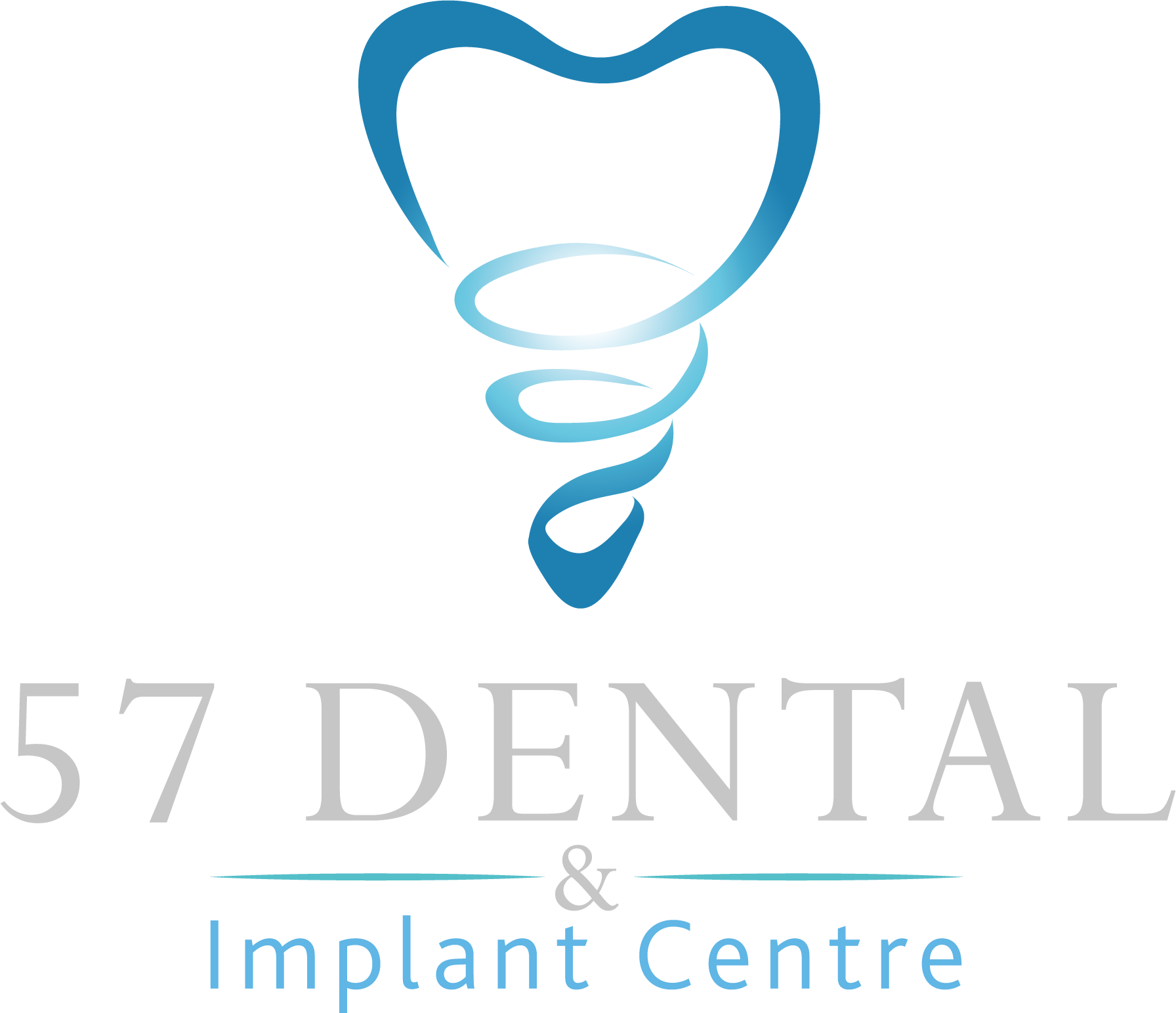Dental implants have become an increasingly popular solution for missing teeth. They are a long-lasting and effective way to replace missing teeth, offering many advantages over traditional dentures or bridges. If you are considering dental implants, it’s important to understand the benefits they can provide for your oral health. In this blog post, we will discuss the top advantages of dental implants.
What are dental implants?
Dental implants are artificial tooth roots made of titanium that are placed into the jawbone to support a replacement tooth or bridge. They are designed to fuse with the bone over time, creating a stable base for the replacement tooth. Dental implants can be used to replace a single missing tooth, multiple teeth, or even an entire arch of teeth.
Advantages of dental implants for oral health
- Improved appearance
Dental implants are designed to look and feel like natural teeth. They are custom-made to match the size, shape, and colour of your existing teeth, providing a seamless and natural-looking smile. This can help boost your confidence and improve your self-esteem, allowing you to smile and speak with confidence.
- Improved speech
Missing teeth can make it difficult to speak clearly, especially if they are located in the front of your mouth. Dental implants can help improve your speech by filling in the gaps left by missing teeth, allowing you to pronounce words more clearly and confidently.
- Improved comfort
Unlike traditional dentures or bridges, dental implants are designed to be a permanent solution to missing teeth. They are anchored into the jawbone, providing a stable and comfortable base for the replacement tooth. This can eliminate the discomfort and irritation often associated with dentures and bridges.
- Improved chewing ability
Missing teeth can make it difficult to chew food properly, which can lead to digestive problems and malnutrition. Dental implants can help improve your chewing ability, allowing you to eat a wider variety of foods and maintain a healthy and balanced diet.
- Improved oral health
Dental implants can help improve your overall oral health by preventing bone loss and preserving the natural structure of your jawbone. When a tooth is lost, the jawbone can begin to deteriorate over time, causing other teeth to shift and creating a misaligned bite. Dental implants can help prevent this by stimulating the bone and promoting new growth.
- Long-lasting
Dental implants are designed to be a long-lasting solution for missing teeth. With proper care and maintenance, they can last a lifetime, making them a cost-effective and convenient option for many patients.
- Easy to maintain
Maintaining dental implants is simple and easy. They can be brushed and flossed just like natural teeth, and regular dental check-ups are all that are needed to keep them in good condition.
- Preserves adjacent teeth
When a tooth is lost, the adjacent teeth can shift or tilt, affecting the alignment of the bite. This can lead to further dental problems such as uneven wear and tear on teeth, gum disease, and even jaw pain. Dental implants help preserve the natural alignment of teeth by filling in the gap left by the missing tooth, preventing the adjacent teeth from shifting.
- Prevents bone loss
When a tooth is lost, the jawbone can begin to deteriorate over time, leading to further dental problems such as loose teeth, gum disease, and even facial collapse. Dental implants are designed to fuse with the jawbone, providing the necessary stimulation to prevent bone loss and promote new bone growth.
- Allows for normal eating and drinking
Dental implants allow patients to eat and drink normally, without any restrictions. Unlike traditional dentures, which can slip or move around while eating, dental implants provide a stable and secure base for the replacement tooth or teeth, allowing patients to enjoy their favourite foods without worry.
- Enhances facial features
Missing teeth can cause the face to sag or appear sunken, giving a person a prematurely aged appearance. Dental implants can help fill in the gaps left by missing teeth, restoring a person’s natural facial structure and enhancing their overall appearance.
- Improves oral hygiene
Maintaining good oral hygiene is essential for preventing dental problems such as cavities, gum disease, and tooth loss. Dental implants can help improve oral hygiene by allowing for easier brushing and flossing, as well as reducing the risk of food particles getting trapped between teeth.
- Reduces the risk of tooth decay
Dental implants are made of titanium, a material that is resistant to decay and corrosion. Unlike natural teeth, dental implants are not susceptible to cavities and other dental problems caused by decay. This means that patients with dental implants have a reduced risk of tooth decay and can enjoy better oral health.
In summary, dental implants provide a wide range of benefits for oral health and overall well-being. They are a long-lasting and effective solution for missing teeth, offering improved appearance, speech, comfort, chewing ability, and oral health. With proper care and maintenance, dental implants can provide a lifetime of benefits for patients, allowing them to enjoy a healthy and confident smile.
